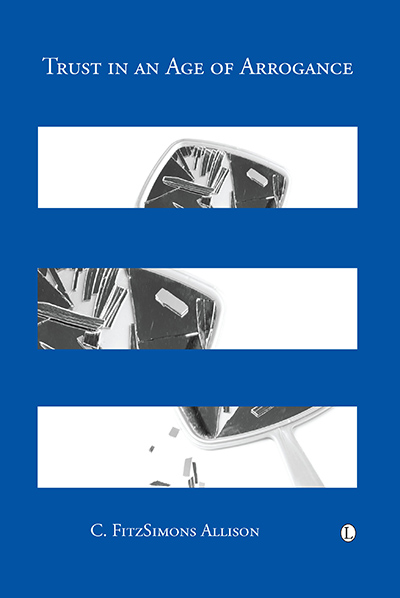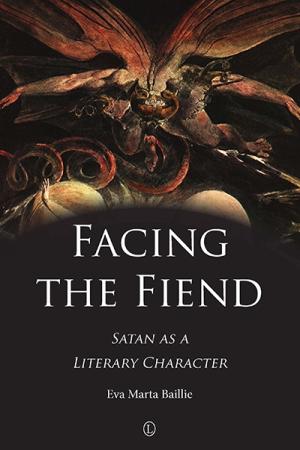Description
God is in the dock. Shall we convict him or forgive him? Shall we replace the God of Scripture with another of our choosing, mock and deride him, or ignore him? Shall we replace revelation with the chaos of speculation? We perceive ourselves, rather than God, as the center of the world and this universal condition leads to conflict with others and with God. Western civilization is giving up trust in the promise of God’s mercy, justice, and forgiveness and replacing it with trust in the goodness of man.
C. FitzSimons Allison reminds us that Jesus warned us to beware the teaching of the Sadducees and Pharisees. The biblical Sadducees, who denied hope of eternal life, are a rough equivalent of our modern day secularists with their belief that this world is all there is. Like the Sadducees, secularists leave the world’s final justice to the whims of history and allow no room for the eternal ideals so desperately needed in an age of disbelief.
Yet do things look any better in the modern churches? We may find in modern Christianity a belief in eternal life, but is it enough to conform to a religious group in order to merit salvation? The Pharisee’s self-righteousness, says Allison, is a natural condition of us all, and is a trap into which all too many church members fall. Even when cleansed it reappears in every tradition, presenting forgiveness and transformation as a promise only for those who think they have earned and deserve it. Such a distortion of God’s word is congenial to our self-centeredness, but it robs us of the justice and mercy of a loving God.
Allison argues that by heeding Jesus’s warning, we have the opportunity to wipe away both Sadducean arrogance and Pharisean self-righteousness and discover anew the supreme power and joy of the Christian faith. Christ’s sacrifice, he warns us, did not change human nature and “our secular arrogance and our religious self-righteousness are in our heritage as well as in the very air we breathe”.






